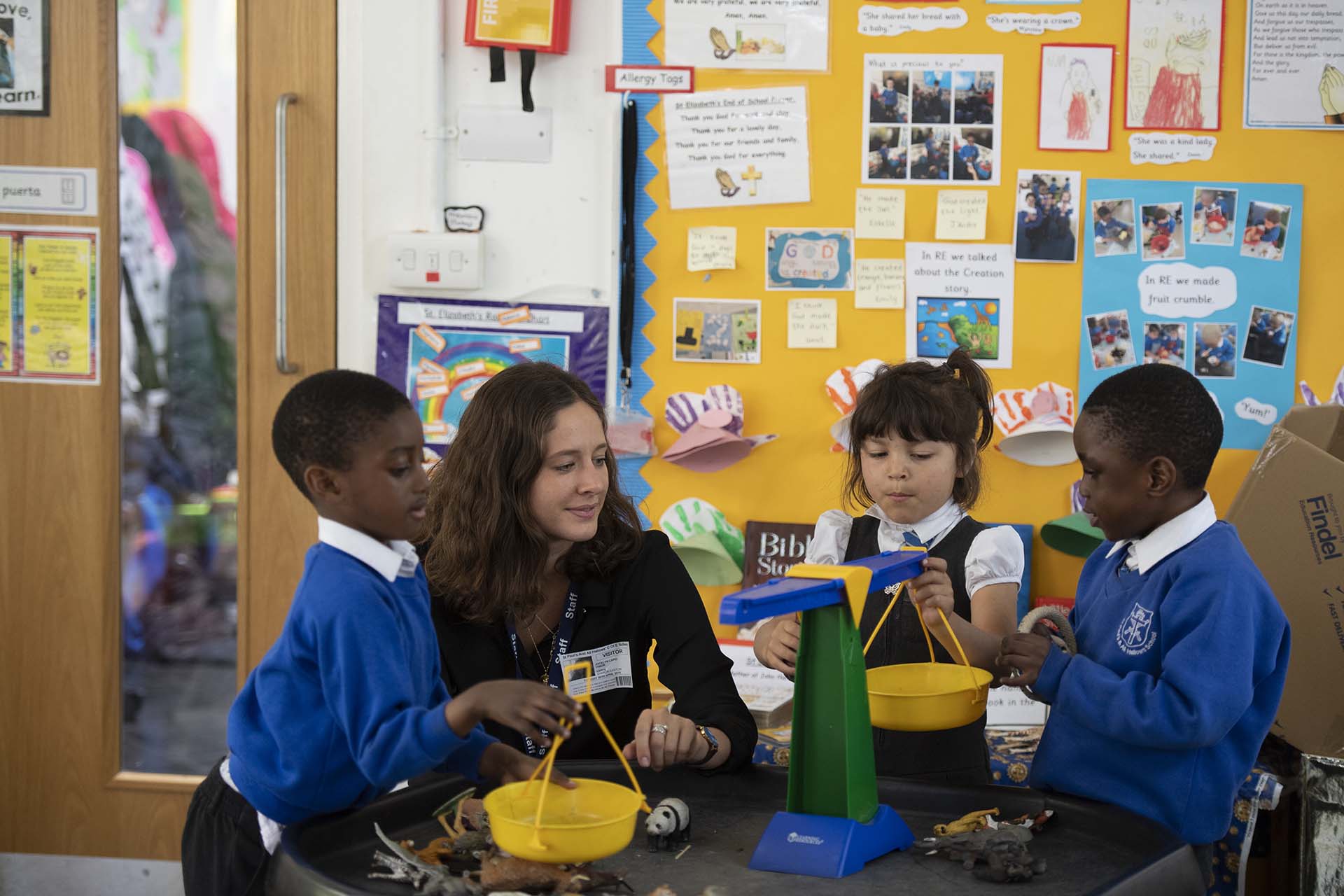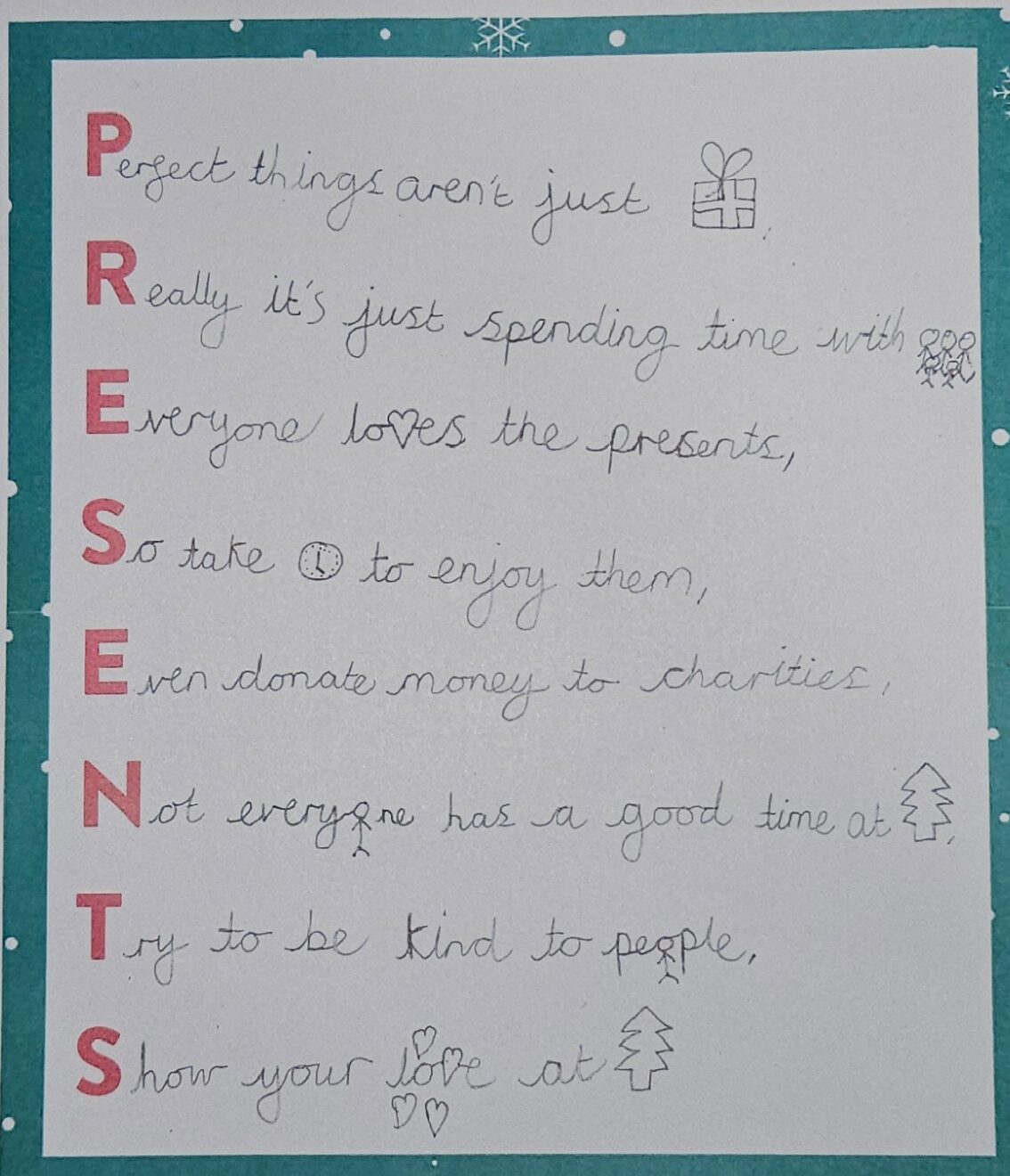Any teacher you speak to will tell you that they have experienced a difficult classroom, it is a challenge that you will inevitably come across at least once in your career and quite often within the first 12 months of qualifying.
Early career teachers, experienced teachers in new schools or supply teachers are all going to come across a difficult classroom from time to time, but while you may not be able to prevent it – you can take steps to control and overcome it and stop it from escalating.
It only takes one disruptive student to start a chain reaction which can quickly turn into a difficult classroom, but regaining control of the situation is crucial. Let’s take a look at some of the best tips for teachers on the strategies to control a difficult classroom.
1. Don’t enter into arguments
When a student is behaving badly and being disruptive you can quickly be drawn into an argument, but the important thing is you remain calm and reaffirm your position of control without arguing with the student.
2. Stay calm and collected
Even if you are having a meltdown inside, it is imperative that you appear calm and collected. If you show that the disruptive behaviour is getting to you it can spur on more students to join in or encourage the disruptive ones to keep going.
Keep your cool and refrain from raising your voice to help you regain control of the classroom. Shouting in the classroom will rarely work and will make you appear unapproachable so it is vital that you stay calm and avoid shouting.
3. Follow through on consequences
Warnings of detention or being removed from the classroom must be followed up on to ensure that students are aware that there are consequences for their actions and that bad behaviour will be punished.
If you are new to a school or a supply teacher make sure you know the school’s behavioural policy and when you can issue punishments. Following through on consequences shows the rest of the class that you have zero tolerance for disruptive behaviour and helps you regain control.
4. Build relationships
If you have a student that continually misbehaves, try to work on your relationship with them. Speak to their form tutor to understand if there are any issues outside of school that could be causing them to behave in this way and talk to the student on a one-to-one basis to work on building your relationship.
5. Don’t hold grudges
It is important that you start new lessons afresh and do not hold grudges against disruptive students. If you show that you expect them to misbehave, chances are they will. Reinforcing positivity can help you remain in control of the class and can help students behave better.
Looking for tips on lesson planning?
A lesson plan doesn’t just help teachers be prepared to teach, it benefits the students by setting a clear focus for each lesson and determines the learning outcomes. It can also highlight assessment opportunities and benefits the school as a whole as lesson planning and outstanding lessons are a criteria Ofsted look at during inspections.
Head to our blog article to discover our hints and tips for great lesson planning.
Ready to take the next step in your teaching journey?
If you are looking for your next challenge, join the Vision Teaching community to help you find your next rewarding role. As specialists in all aspects of school recruitment, we help every borough in London attract and retain high-quality teaching, support, and administrative staff. We have a wide range of opportunities across London in both primary and secondary education settings.
Click here to browse our teaching jobs and find your next role.
Other Posts...

The Power of Positivity in the Classroom: Unlocking Potential for Success
17th February 2025
Read More




